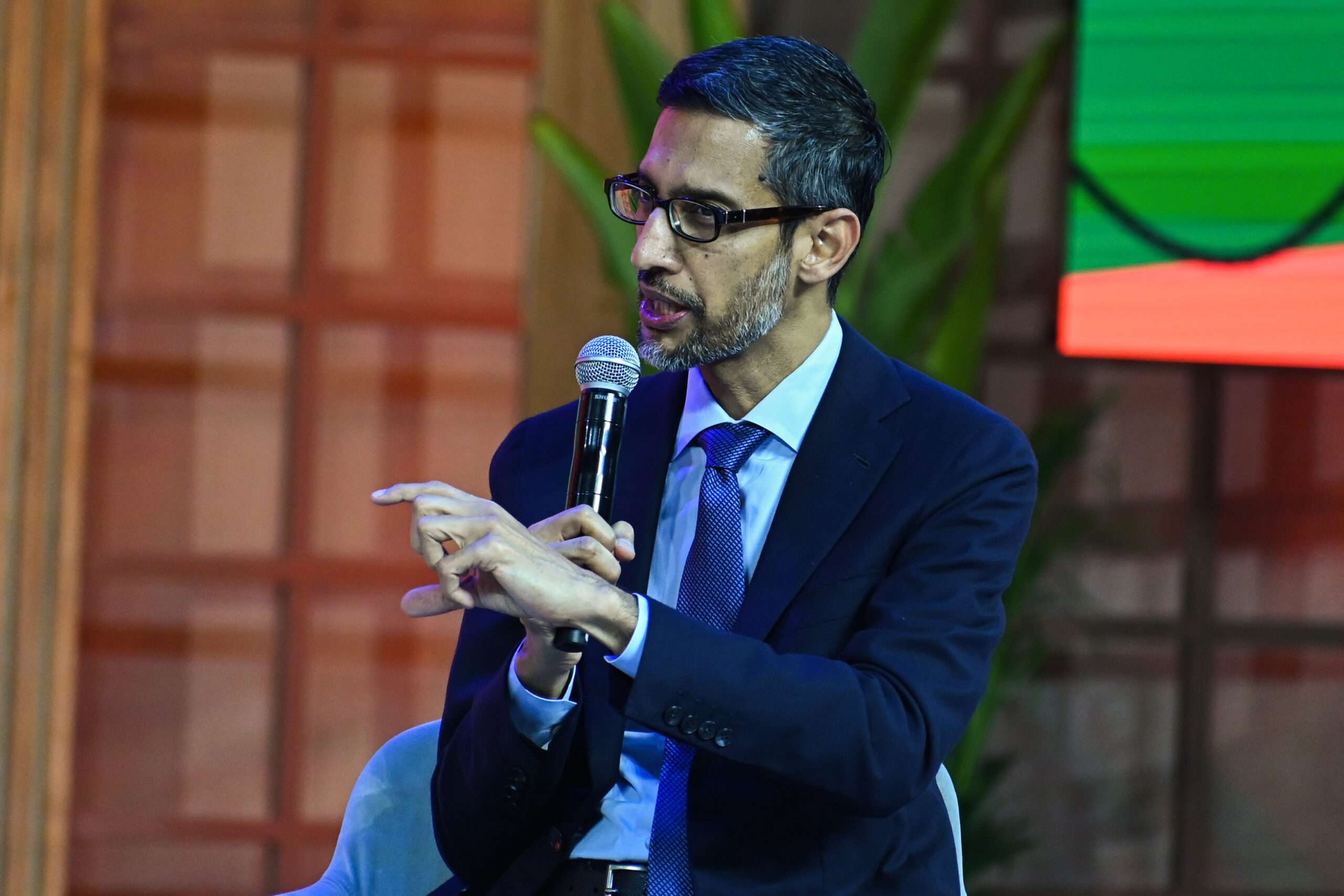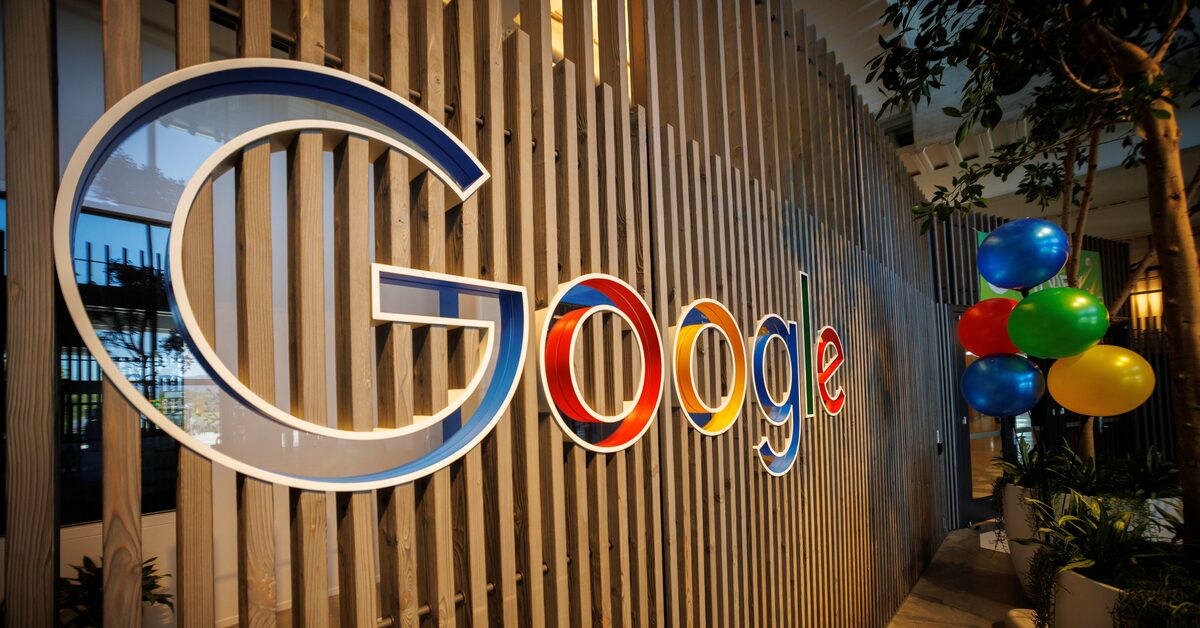I remember when the internet was nascent and navigating it was an adventure. Google was born and quickly killed off it's competitors in the space like Alta Vista, Netscape and Ask Jeeves. They made a big deal about their corporate motto being "do no evil" which, back in the day, seemed really odd. Doesn't seem so odd today - especially since they dropped that motto some time ago.
Anyway, I could probably write a small book on the various evils that I perceive with Google, but it seems like Julian Assange has already written a book and an excerpt from the book (it's fairly long) is posted here:
https://wikileaks.org/google-is-not-what-it-seems/
For the record, I try not to support Google whenever possible. I changed the default search engine in my web browser to https://duckduckgo.com/ . Google lives off of the ad revenue from it's search engine. If you don't want to support them, stop using their search engine.
https://en.wikipedia.org/wiki/DuckDuckGo
Anyway, I could probably write a small book on the various evils that I perceive with Google, but it seems like Julian Assange has already written a book and an excerpt from the book (it's fairly long) is posted here:
https://wikileaks.org/google-is-not-what-it-seems/
For the record, I try not to support Google whenever possible. I changed the default search engine in my web browser to https://duckduckgo.com/ . Google lives off of the ad revenue from it's search engine. If you don't want to support them, stop using their search engine.
DuckDuckGo (DDG) is an Internet search engine that emphasizes protecting searchers' privacy and avoiding the filter bubble of personalized search results.[3] DuckDuckGo distinguishes itself from other search engines by not profiling its users and by deliberately showing all users the same search results for a given search term,[5] and emphasizes returning the best results, rather than the most results, generating those results from over 400 individual sources, including crowdsourced sites such as Wikipedia, and other search engines like Bing, Yahoo!, and Yandex.[6][7]
...
https://en.wikipedia.org/wiki/DuckDuckGo

 :flail:
:flail:











